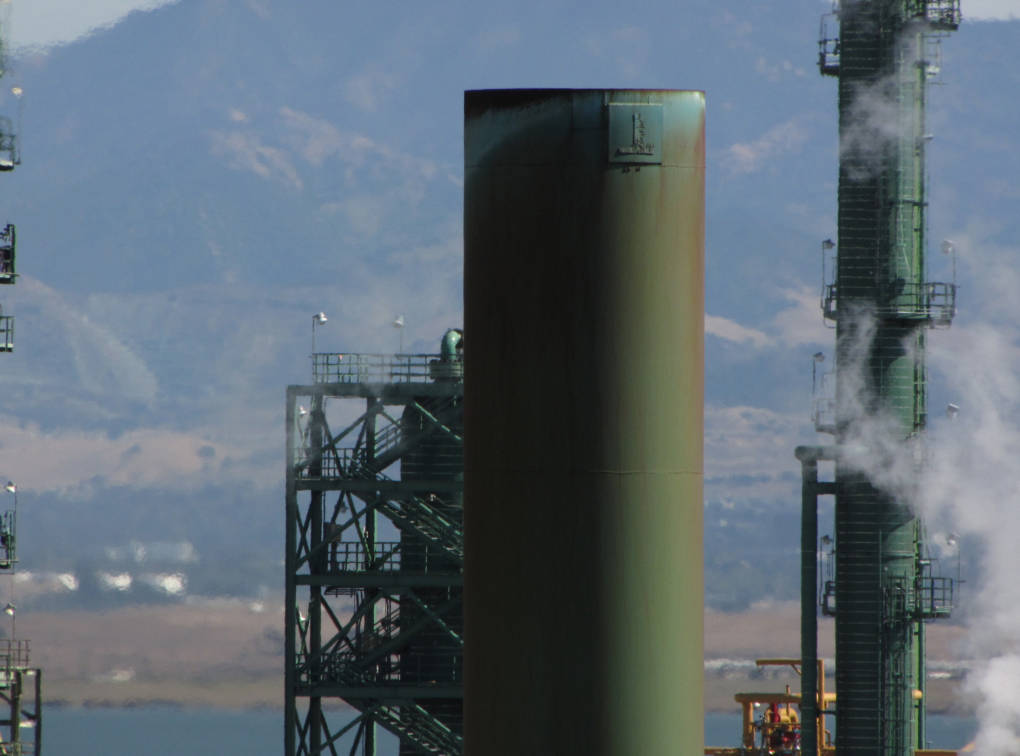California power plants and refineries will likely have an extra year to comply with the state’s proposed cap & trade program, according to Mary Nichols, head of the California Air Resources Board.
In testimony to the Senate Select Committee on the Environment, the Economy, and Climate Change on Wednesday, Nichols said that the program would still begin in 2012 as planned, but that polluters would not be held accountable during that year. The extra slack would give participants and regulators time to “test” the program, she said.
“This would not affect the stringency of the program or change the amount of emission reductions that the program will achieve, keeping us on track to meet the 2020 target required by AB 32,” Nichols told lawmakers.
In a statement, one of the original authors of AB 32, state senator Fran Pavley (D-Santa Monica), called the decision “prudent.”
Nichols offered some additional specifics on the proposed cap & trade plans, confirming that most emissions allowances would be given freely (rather than auctioned), that they would be based on an average of each industry’s current emissions, and that the state would hold onto a “pool” of allowances to be held in reserve for industries that could demonstrate they are being undercut by competitors from out of state, who are not subject to carbon emissions limits.
Additional coverage from The Sacramento Bee and the Los Angeles Times.

